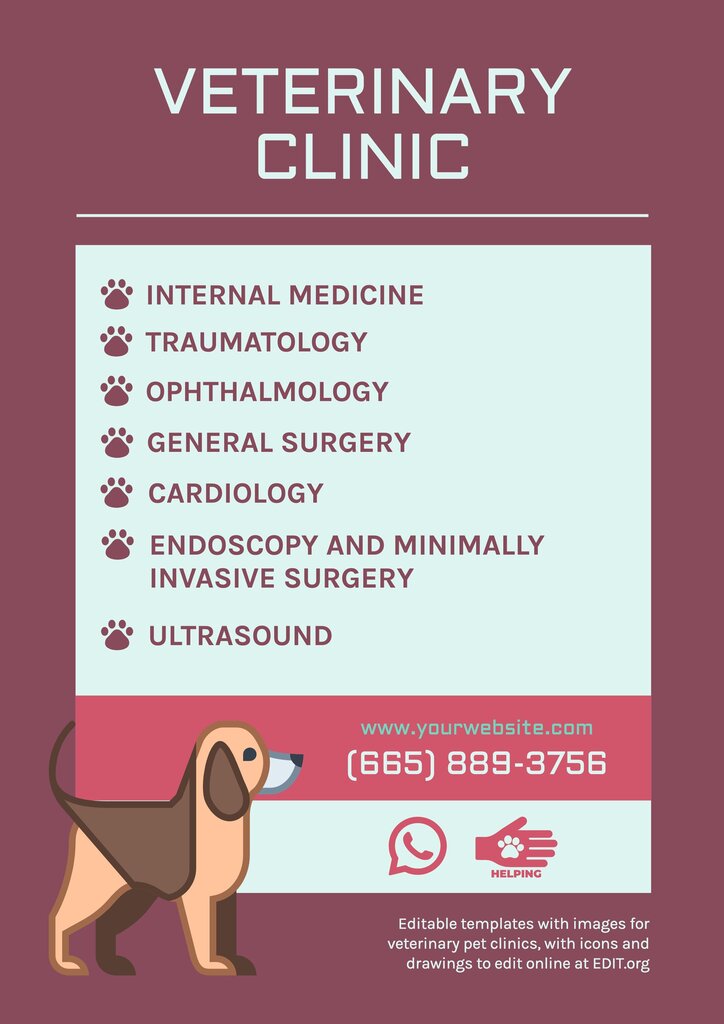Keeping your furry friends healthy is essential for their happiness. Veterinary laboratories specialize in pet health testing for pets such as cats and dogs.
Throughout this resource, we’ll break down how veterinary labs assist veterinarians, their key services, and how these services benefit your pets.
Understanding the Role of Veterinary Testing Centers
Pet testing centers focus on examining illnesses and diseases in animals. They are critical for animal doctors to make accurate diagnoses.

How they work commonly consists of:
- Collecting samples: Blood, urine, feces, or tissue samples are gathered for analysis.
- Diagnostic tests: Specialized equipment process the data.
- Understanding the data: The lab provides detailed reports to the veterinarian for health management plans.
Essential Diagnostic Tests for Cats and Dogs
Veterinary labs specialize in various diagnostic services to address health concerns early. Key veterinary tests include:
- Blood tests: Detect anemia.
- Urine tests: Assess kidney function.
- Intestinal health tests: Ensure proper digestion.
- Skin tests: Improve skin and coat health.
- X-rays and ultrasounds: Examine internal organs.
The Benefits of Veterinary Diagnostics
Routine diagnostic testing ensures improving quality of life. Spotting problems quickly allows for better outcomes.

The top benefits include:
- Personalized health strategies: Ongoing support for your pet’s needs.
- Peace of mind for pet owners: You’ll know if something is wrong.
- Lower medical bills: Save money by staying ahead of problems.
laboratório veterinário santé
laboratorio de microbiologia veterinaria
Why Veterinary Testing is Essential for Cats and Dogs
Investing in diagnostic tests for your pets ensures their longevity. Pet testing facilities provide valuable insights to create personalized care plans.
Talk to your vet about lab testing to help them live a long, happy life!
 Brian Bonsall Then & Now!
Brian Bonsall Then & Now! Joseph Mazzello Then & Now!
Joseph Mazzello Then & Now! Richard "Little Hercules" Sandrak Then & Now!
Richard "Little Hercules" Sandrak Then & Now! Alisan Porter Then & Now!
Alisan Porter Then & Now! Pauley Perrette Then & Now!
Pauley Perrette Then & Now!